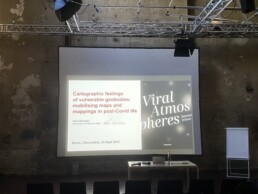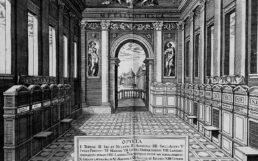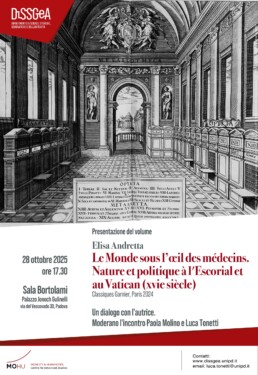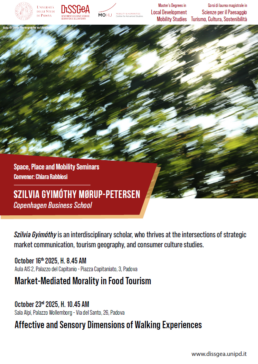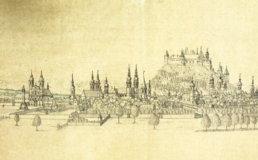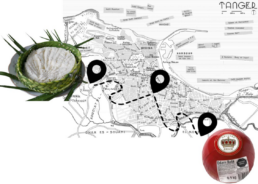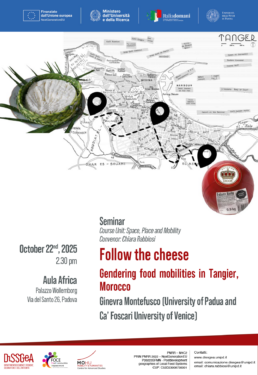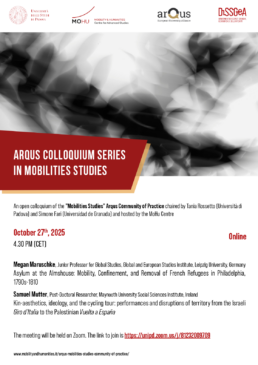MobiLab at the ICHT Meeting 2025 – Ljubljana
MobiLab at the ICHT Meeting 2025 – Ljubljana
A MobiLab representative attended the annual meeting of the International Commission for History of Towns – ICHT, held in Ljubljana from 11 to 13 September 2025.
The conference gathered a wide international community of scholars to discuss current approaches to urban history, focusing on cities as dynamic spaces of interaction, transformation, and memory. This year’s conference theme, “Public History and Urban History Today: Visibility and Use of Urban History”, focused on how urban history can engage wider audiences, contribute to public understanding, and inform heritage and planning practices.
Among the different contributions, a preview of the Historic Atlas of Ljubljana was presented as a key addition to the series, representing a significant contribution to the comparative study of European urban development.
The conference also hosted a session sharing the latest updates from the Atlas Working Group (AWG), which coordinates the European Historic Towns Atlas project, and from the Data Standardisation Group, which works to harmonise digital data models and research methodologies across the different national atlas initiatives.
For the MobiLab, participation in the annual ICHT meeting was a valuable opportunity to follow the latest developments in the field, exchange ideas with colleagues, and strengthen connections within this major European network of urban historians.
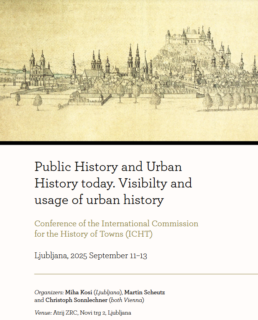
24 Sept 2025 | International public lecture
24 Sept 2025 | International public lecture
On September 24th, at the Uferstudios in Berlin, our MoHu director Prof. Tania Rossetto gave a public lecture titled “Cartographic feelings of vulnerable geobodies: mobilising maps and mappings in post-Covid life”.
The event, open to the public, was hosted within a summer school entitled “Viral Atmosphere. Maneuvering the Affective Geographies of Pandemic and Health”, organized by Sung Joon Park (BNITM, Hamburg), Hansjörg Dilger (Free University, Berlin), Julia Hornberger (Witwatersrand University, Johannesburg), Bo Kyeong Seo (Yonsei University, Seoul), Nene Morisho (Pole Institute, Goma), and Jacqueline Häußler (BNITM, Hamburg).
Representing MoHu, our director explored the many ways in which the cartographic dimension was mobilized during the pandemic and how some behaviors with cartographic implications have migrated into the post-pandemic era, taking on new manifestations. The approach of humanistic mobilities, in this case linked to the cartographic theme, was useful in reflecting together with the audience on the shared legacy of the pandemic.
